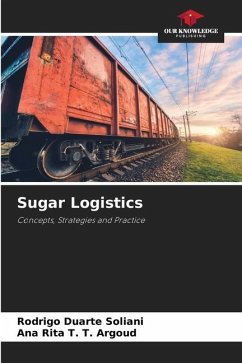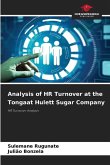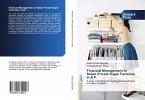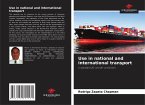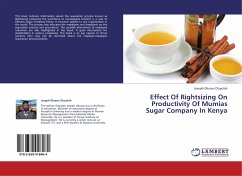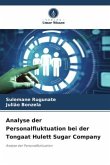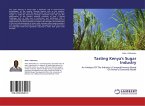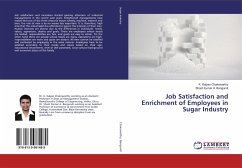In order to carry out effective and efficient transport, it is necessary to be based on integration, since logistics operations must be evaluated by the way in which the links in their chain are related. In the case of rail transport of sugar, it is necessary to integrate road transport from the producing mill to the intermodal terminal, where a transshipment operation takes place and, subsequently, this logistical solution will be realised with the realisation of the rail transport operation. In addition to the operational aspects, integration must also exist in the context of transport management, after all, the factors internal to the logistics chain of the product to be transported must be integrated with the external factors of the chain itself. The increased use of the rail transport option appears as a potential risk reducer. Thus, it is necessary to analyse the internal and external factors that influence the sugar freight contracting market. In addition, it is important that those involved in the sector evaluate and quantify the advantages of increasing the use of such modes, analysing the risk resilience and financial savings of such a strategy.
Bitte wählen Sie Ihr Anliegen aus.
Rechnungen
Retourenschein anfordern
Bestellstatus
Storno

